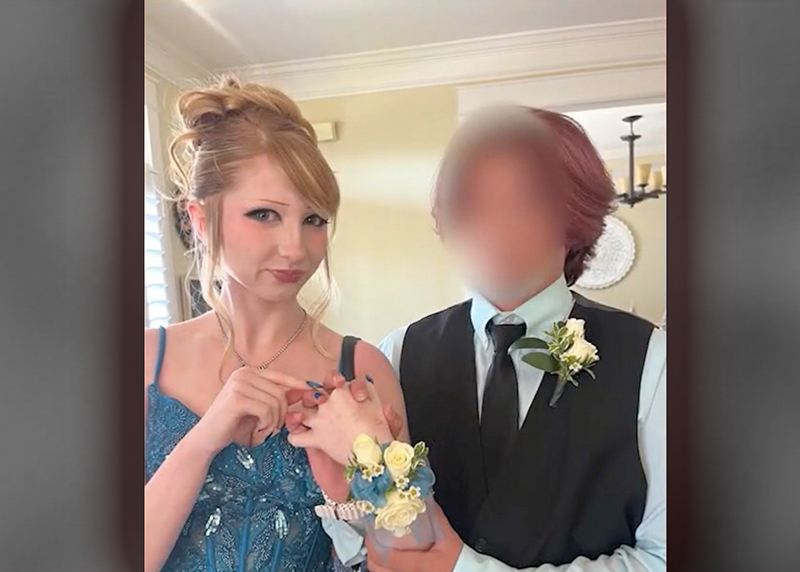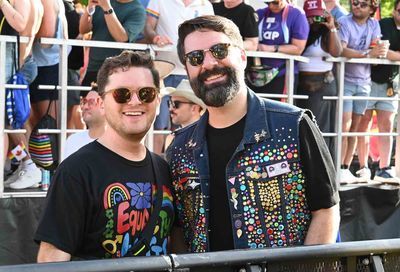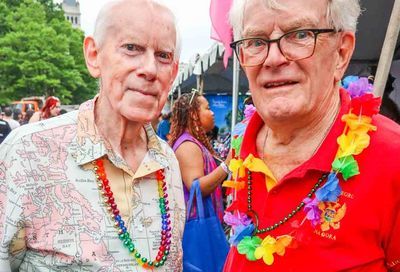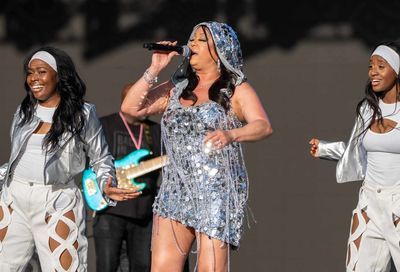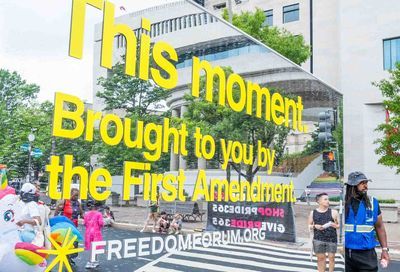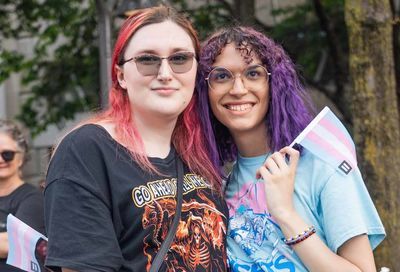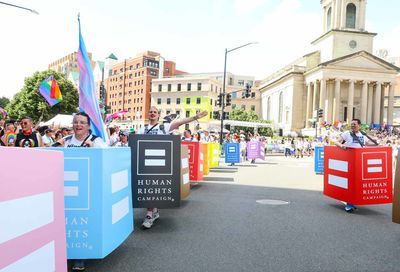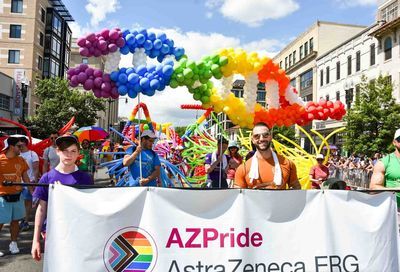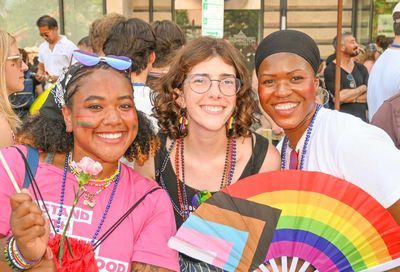The Waiting Game
DOC proposes transgender committee, activists remain skeptical
If you’re confused about what has changed in D.C. jails since Virginia Soto, a woman who was wrongfully placed in a male facility for two days in July 2007, leading to the firing of three corrections officers, you’re not alone. And GLBT activists say the latest policy memorandum regarding gender identity, released from the D.C. Department of Corrections on Jan. 5, leaves them wondering if any progress has been made.
The general feeling from GLBT activists is that the memo’s language for dealing with inmates who are transgender or who are of ambiguous gender is too vague. Furthermore, they say the memo places too much emphasis on genitalia rather than an inmate’s stated identity.
”They’re still clinging to the genetalia as a criterion,” says Richard Rosendall, vice president for political affairs of the Gay and Lesbian Activist Alliance of Washington, D.C. ”They still don’t want to adjust their pronouns. And then there’s this vague language. It seems to be a little better than what we had before, but it’s just not clear what it’s going to translate to in the ground.”
The memo also calls for a ”transgender committee,” which the DOC says will include a medical practitioner, a mental-health clinician, a correctional supervisor and a DOC-approved volunteer to help the DOC avoid mistreatment of transgender or gender-variant inmates. But while that may seem like a good move on its surface, some activists are wondering just how responsive such a committee might be to the community, and how much oversight the community would have over such a group.
Local activists who participate in the D.C. Trans Coalition (which has no official membership), have been engaging in meetings and dialogue with the DOC for more than a year on this topic. Most recently, local activist Jeri Hughes wrote a letter to Mayor Adrian Fenty, expressing frustration about the vagueness of the Jan. 5 memorandum. She says she still hears from transgender inmates who say they are being mistreated and misplaced in jails.
”That’s the word I’m getting from the girls who are incarcerated,” Hughes says. ”They’re still not getting good treatment. Just before Christmas I went to a halfway House, just to bring a woman some clothes. Her hair was cropped, and she had long hair with braids, they cut out all the braids, and left her head like a mess. So here’s an effeminate woman, goes into jail, she comes out with short hair…. They made her dress like a man, and it’s just degrading. It’s still happening.”
Sadie Baker, also part of the Trans Coalition, says the organization’s biggest concern with the Jan. 5 memorandum is that it appears unenforceable.
”We want to make sure that this … committee that they’ve created will actually place people where they are safest, and not just keep doing the same thing they have been doing,” she says.
”Another huge problem that people have with [the memorandum] is that it does not guarantee appropriate access to clothing. If a trans woman is put into a male facility, she will not be able to access appropriate clothing.”
Those concerns — in a Jan. 15 letter drafted by Just Detention International, the D.C. National Lawyers Guild and others — have been sent D.C. Attorney General Peter J. Nickles.
Baker says the DOC pledged to respond to the letter within ”about a week or so.” As of Tuesday, Jan. 27, there was no response. The DOC did not return calls to Metro Weekly seeking comment.
Hughes says if the DOC adopts the Trans Coalitions recommendations — including appropriate attire, private strip searches, correct usage of pronouns, and documentation explaining how the DOC will ensure the transgender committee makes thoughtful decisions that are followed — it would be a ”big step forward.
”But the thing is, do they really mean it? No matter what they put in the language, if they don’t do it, what good is it?”
Support Metro Weekly’s Journalism
These are challenging times for news organizations. And yet it’s crucial we stay active and provide vital resources and information to both our local readers and the world. So won’t you please take a moment and consider supporting Metro Weekly with a membership? For as little as $5 a month, you can help ensure Metro Weekly magazine and MetroWeekly.com remain free, viable resources as we provide the best, most diverse, culturally-resonant LGBTQ coverage in both the D.C. region and around the world. Memberships come with exclusive perks and discounts, your own personal digital delivery of each week’s magazine (and an archive), access to our Member's Lounge when it launches this fall, and exclusive members-only items like Metro Weekly Membership Mugs and Tote Bags! Check out all our membership levels here and please join us today!









